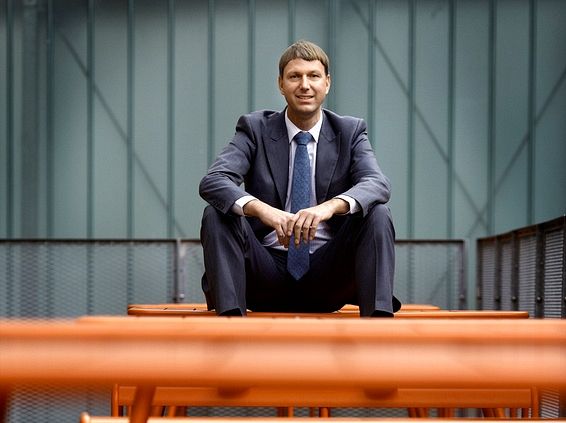Professor Dirk Helbing (ETH/TU Delft) pleads in Nature magazine for a pluralist approach to Big Data. Not companies or governments should take the lead, but well-informed citizens.
In the article titled ‘Build digital democracy’ in Nature (November 2, 2015), Dirk Helbing and his colleague at the Technical University ETH in Zürich, Dr. Evangelos Pournaras, argue that open sharing of data will empower citizens and create jobs.
Their open version of the Internet of Things is called Nervousnet and it should develop into the Big Data equivalent of Wikipedia or the open-source operating system Linux. People using the Nervousnet app can (de)activate ten smartphone sensors that measure for example acceleration, light and noise for open-access storage.
‘People can interact with Nervousnet in three ways’, they wrote. ‘They can contribute data, analyse the crowd-sourced datasets, and share code and ideas. Anyone can create data-driven services and products using a generic programming interface.’
The Nervousnet core development team is stationed at ETH Zürich. They work together with a dozen research groups in Europe, Japan and USA. The project was funded by the European Commission, TU Delft and philantropists.
Helbing was recently inaugurated at TU Delft as a part-time professor of the programme ‘Engineering Social Sciences for a Responsible Digital Future’ at the Faculty of Technology, Policy & Management. In that context, he is looking for ten PhD candidates who should be digital natives with a broad societal interest.



Comments are closed.